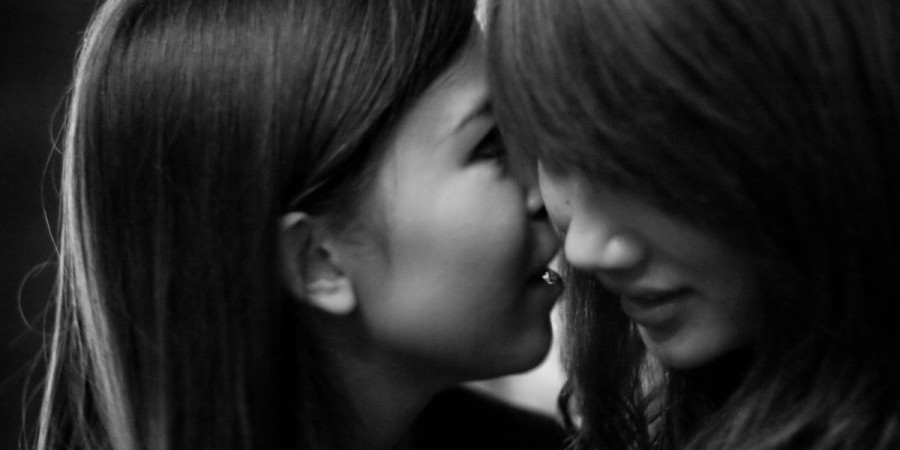Afrikaans – Another Language Kicking the Bucket?
Touching down on South African soil is a rare and cherished occurrence for me, being the wandering vagabond of the family. Every time I do, I’m met with those pleasant familiarities – the smell of meat on the braai (South African barbeque), the heat rising off the ground in waves (I try to only go home in summer) and the sharp, guttural sounds of Afrikaans.
Afri-what, you say?
Afrikaans is native to a few southern pockets of Africa, and was delivered in the form of Dutch settlers in the 16th century. Like a lot of aspects of colonialism, the language swept across the nation and stuck to our objects, to our actions, to our words. It was tweaked here and there, adopting bits and pieces of other minor languages until it became a part of the South African subculture; a part still very present in the country today.
The language has progressed from an offshoot of a different nation to become part of a culture of its own. It’s representative of a people, a way of thinking and life. It has been linked to everything from the hardworking spirit of its first speakers – a community shunned by the Dutch – to being the heart and soul of some our sports teams. But it will also forever be an integral part of the harsh and cruel times of the apartheid era – a time where Afrikaans was forced upon young black students in their schools, eventually leading to the riots in the Soweto Uprising which took an estimated 700 lives. While the language might forever be associated with this horrible blemish on the face of South African history, it is still a thriving one of 11 languages in the country.
And yet, in the grand scheme of things, it’s considered by many South Africans (along with cricketer Kevin Pieterson) to be a ‘dying language’.
Table of Contents
@Jacques_Rudolph @bryanpietersen @bradbarritt @mouritzbotha He knows Afrikaans is a dying language!! #tamethedutchmentour
— Kevin Pietersen (@KP24) May 30, 2012
What does this mean? Is it due to a lot of Afrikaners being more conservative in a progressively liberal world? Is it because it has very little hope of spreading to other countries? Is it still tainted by the stains of apartheid? Or is it because the only places you can find people to speak it with are South Africa and Namibia?
While not on the SIL Ethnologue’s list of 473 “nearly extinct” languages, learning it still carries the notion of being slightly useless. Is there a need to learn a language that very few people can communicate in? Is it really ‘dying out’? And it’s not alone – it can be joined by Irish Gaelic in Ireland, as well as Maori in New Zealand, to name a few.
So, is there a point?
Of course there is. No language should ever be considered ‘useless’. Apart from them being the literary embodiment of cultures, national identities, and histories; every language learned – and any language learned – makes learning the next one that much easier, whether they’re related in any way or not. Being a linguaphile myself, that’s a pretty cool notion.
What we’re left with today in a country like South Africa, are people trying to pick up the pieces. It’s a nation in recovery, where our people – along with our 11 official languages – are fiercely celebrated. Afrikaans is a language with a history. There has been bloodshed, there has been triumph and of course, there has been a fall. Today it is still a vital cog in the commerce machine of the country, and the third most spoken language (even ahead of English!) after Zulu and Xhosa. It’s also a fascinating (and often funny) way of communicating with any Dutch friends you might have. So take a break from saving the whales, saving the environment and Saving Private Ryan and give a less popular language a go.
If you’re interested in brushing up on,or taking up some Afrikaans, contact us to find out more about classes in your area!



